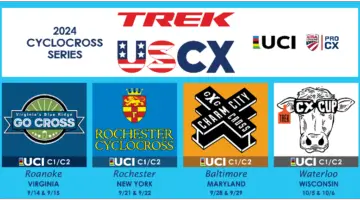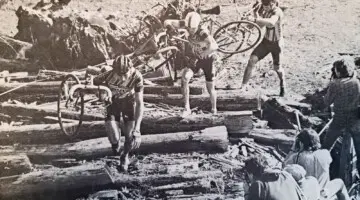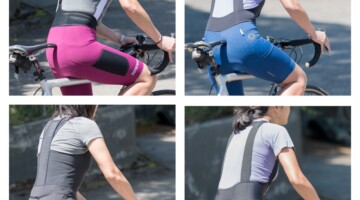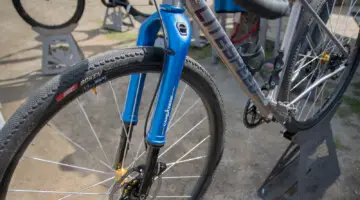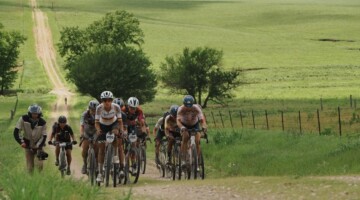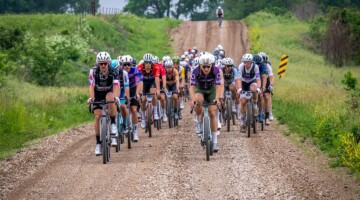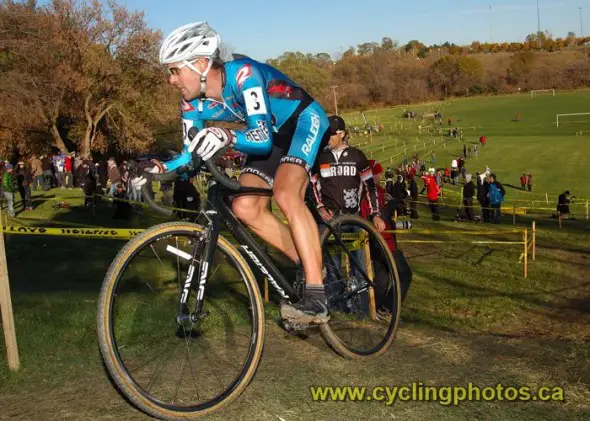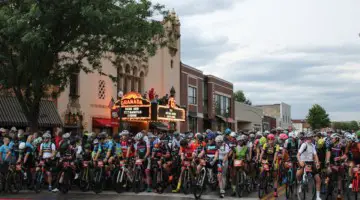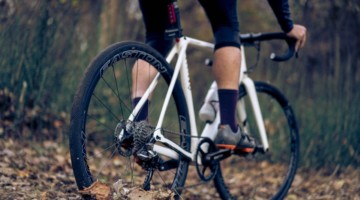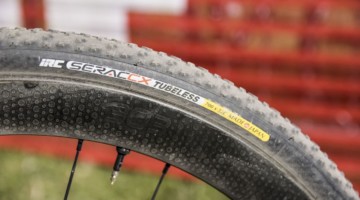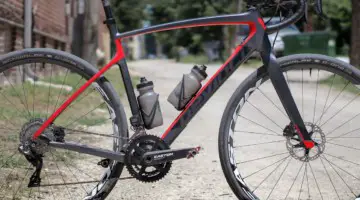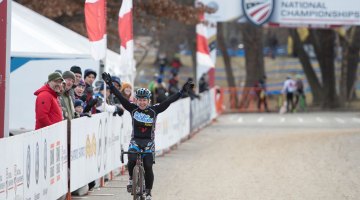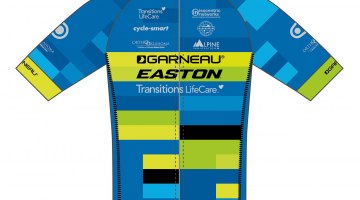After finishing his last race of the season, GVA Trofee Krawatencross, in 41st place, Craig Richey is back to fill us in on how his two year pro cycling experiment went. He initially made the decision to quit his job, take his savings, and really make a run at “living the dream.” Last time we heard from Craig, he was coming off a bout of pneumonia, and he was sporting a serious mustache for Movember. Two seasons wiser, today he reflects on how it’s all gone.
Going “Pro” Experiment Reflections
by Craig Richey
In September of 2010, I quit my job in marketing to become a full-time “pro” cyclocross racer. Until that September, I had balanced racing with a full-time job and while I had achieved some success on the mountain bike (35th at an XC World Cup) and cyclocross bike (podium at a UCI race), I felt that any further progression was being limited by my work commitments. At twenty-six years old, I still had time to make it as a professional bike racer but couldn’t afford to wait any longer. Without any major relationship or financial commitments, the decision was pretty easy, so I quit my job and cashed in my retirement savings plan. My war chest contained twenty-five thousand dollars, which I estimated could fund me as a full-time cyclist for eighteen months, giving me two full seasons of racing and a summer of training. My budget was roughly eight grand a season and seven thousand for the March to September off-season.
Season one – Race to Learn
Going into this season, I was a rookie cyclocross racer with less than ten UCI races under my belt. I wanted to get in as much racing as possible but couldn’t afford to fly to races every week and pay for hotels and rental cars. Going to Europe was a logical choice. With World Championships, five World Cups, and a total of twenty-nine races, twenty-four of which were UCI races, I got a huge amount of race experience, but the season broke me. I barely limped through January but I had learned a huge amount and had some decent results. I finished 98th in the “UCI world,” achieving my goal of finishing in the top 100. Thanks to great support from CyclocrossRacing.com and Blue, along with some prize money, I finished the season under budget.
Off Season – Training
I starting riding in April and did the biggest training volume of my life over the summer. Despite the large volume and often racing fatigued I had some career best form and took major wins on the road and mountain bike. I lived super cheap (well under $1k a month) and with some prize money finished the summer season under budget.
Season Two – Race to Win
I came into this past season feeling super motivated and with something to prove. I did however have some lingering fatigue from the Mongolia Bike Challenge and the season didn’t start off the way I had hoped with my worst ever result at CrossVegas (25th). I then lived a nomadic host housing lifestyle in New England, and trained hard, motivated by my disappointing results. Unfortunately my immune system fell apart just as I found form and I contracted pneumonia the day after winning the Beacon Cross UCI C2 in New Jersey.
The rest of my season was a disappointment as I fought with sickness just as much as I battled with the European cyclocrossers. Again, a twenty-nine race season full of World Cups and big races left me pretty messed up. The season was a disappointment as I had failed to achieve most of my goals and ended the season ranked 84th in the world. I did, however, learn a lot about what my body is able to handle and what I need to change to improve my racing. Thanks to great support from Raleigh USA, Shimano, Renner and a number other sponsors I managed to finish the season on budget.
This eighteen month experiment taught me that being a full-time bike racer is not the key to success, or at least not my key to success. As a full-time racer, I did have more time than when I worked, but this time was often taken up with bike maintenance, planning trips, sleeping on blow-up mattresses, and crappy travel arrangements. Basically, I had time but no money. One way flights are cheaper than return flights, sleeping on the couch is cheaper than a hotel, and doing your own maintenance is cheaper than taking your bikes to a shop. The increased time to train was making me faster, but the nomadic couch surfing and hours spent rebuilding bikes between weekend double headers was making me slower.
I think a happy medium can be found somewhere between the two extremes. I have decided to stick with the cyclocross racing for another year and am planning on working roughly twenty hours a week. The part-time work will provide more structure in my day but still allow for training time and give me the resources to book return tickets and pay for support when needed. I am optimistic for this season and feel that I have found the correct balance that is key for my success.
If you work part-time, are you technically a “pro” racer?
Who cares, as long as you win the races that matter.





